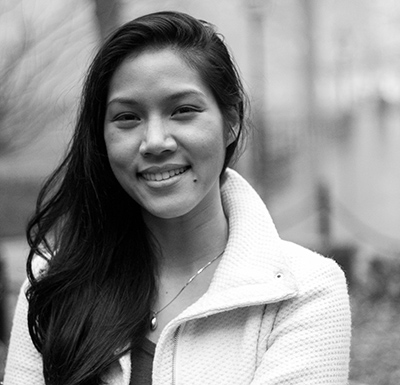Every day, I navigate spaces that are not made for me in America. Every night, my mind races before I fall asleep. There are times in my life when I am spiritually exhausted. Needless to say, this is one of those times. A year ago, I set out to create this special feature on intergenerational trauma. I asked poets Diana Delgado, Hayan Charara, Hafizah Geter, Mai Der Vang, and Jayson P. Smith to speak on this topic. I have admired their work from a distance, so I’m honored to be in conversation with them now. When I think of my own experiences of intergenerational trauma, I reflect on my recent trip to Cambodia, my motherland. In Siem Reap and Phnom Penh, I visited sites of atrocities, and I grew ill as my body was triggered on each occasion. As a daughter of refugees who survived the Khmer Rouge regime (1975-1979), I deeply felt the traumas I was born with, especially in that landscape, and when I returned to the United States––a country built on genocide—I dealt with the fresher traumas of living in a small, white, conservative town. For me, the questions are always: How do we keep surviving? Where is joy?
I’m frustrated with the trauma narrative. What drains me is the white person’s gaze and the downright trauma porn the publishing industry finds so appealing. Even the traumas I inherited are not my own––I did not live through my parents’ experiences. So why do I insist on continuing the discussion of intergenerational trauma? I want to urge readers of poetry to implicate themselves, to enter poems outside of their own experiences with great care, to not center themselves while engaging with the complex histories and identities of people of color, immigrants, and refugees. My daughter is traveling to Cambodia, a white woman told me after I did a reading in upstate New York. Can she contact you to ask where she should go? I am not a tour guide. Poets of color are not tour guides, and readers have the responsibility to do the work because we will continue speaking of our traumas as long as we must, as long as violence persists and we must respond.
As you read this feature, you will grapple with intergenerational trauma from many angles: family, race, memory, immigration, statelessness, the body, and queerness. I’d like to note that in Charara’s words, the poem “All These Questions You Ask” is a response to Lucie Brock-Broido’s “The American Security Against Foreign Enemies Act” published in The New Yorker but also, and perhaps more so, it is a reimagining of the situation, in which the Syrian refugee actually speaks. My intention is to give space to fuller narratives. Delgado, whose poem this feature begins with, has shared with me some thoughts: “When remembering trauma, you often have not been able to speak about it before, and from that shattered vantage point art emerges.” In the following pages, each poet gives me life. We keep surviving.
—Monica Sok, Stadler Associate Editor
Selections from: Diana Marie Delgado, Hayan Charara, Hafizah Geter, Mai Der Vang and Jayson P. Smith.

